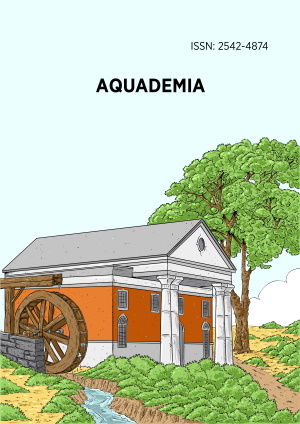Abstract
A science project as part of a student’s curriculum, which we call student science, might be the answer to two problems for a low-income country like Ethiopia: conventional science can be expensive and many students lack training in practical skills. Earlier studies have been conducted with respect to lay people (citizens or students) conducting (parts of) research (e.g. citizen science), but rarely in the context of a public university in a low-income country. A student science project at Arba Minch University (Ethiopia) has been evaluated in three steps. Firstly, best practices for student science projects are derived from the literature. Secondly, it is evaluated to what extent these best practices were executed in an air quality student science project executed by 33 groups of undergraduate students at Arba Minch University. Thirdly, the scientific contribution of the project is evaluated by assessing the quality of the data in comparison to studies in similar scenarios, as well as its relation to a knowledge gap and a problem for the community. We find that the best practices from earlier studies are feasible in the study context. Furthermore, we find a scientific contribution, as most of the students’ work resulted in quality data that relates to knowledge gaps which are a problem for the Arba Minch community. Student science at a public university in a low-income country is feasible and can, as such, serve both scientific and educational needs. It is recommended that public universities in low-income contexts implement part of their curriculum goals in such projects.
License
This is an open access article distributed under the Creative Commons Attribution License which permits unrestricted use, distribution, and reproduction in any medium, provided the original work is properly cited.
Article Type: Research Article
AQUADEMIA, Volume 6, Issue 1, 2022, Article No: ep22001
https://doi.org/10.21601/aquademia/11828
Publication date: 03 Mar 2022
Article Views: 3042
Article Downloads: 1632
Open Access References How to cite this article
 Full Text (PDF)
Full Text (PDF)